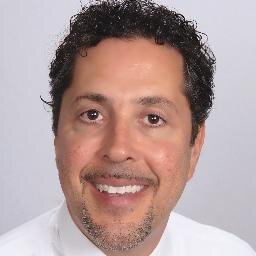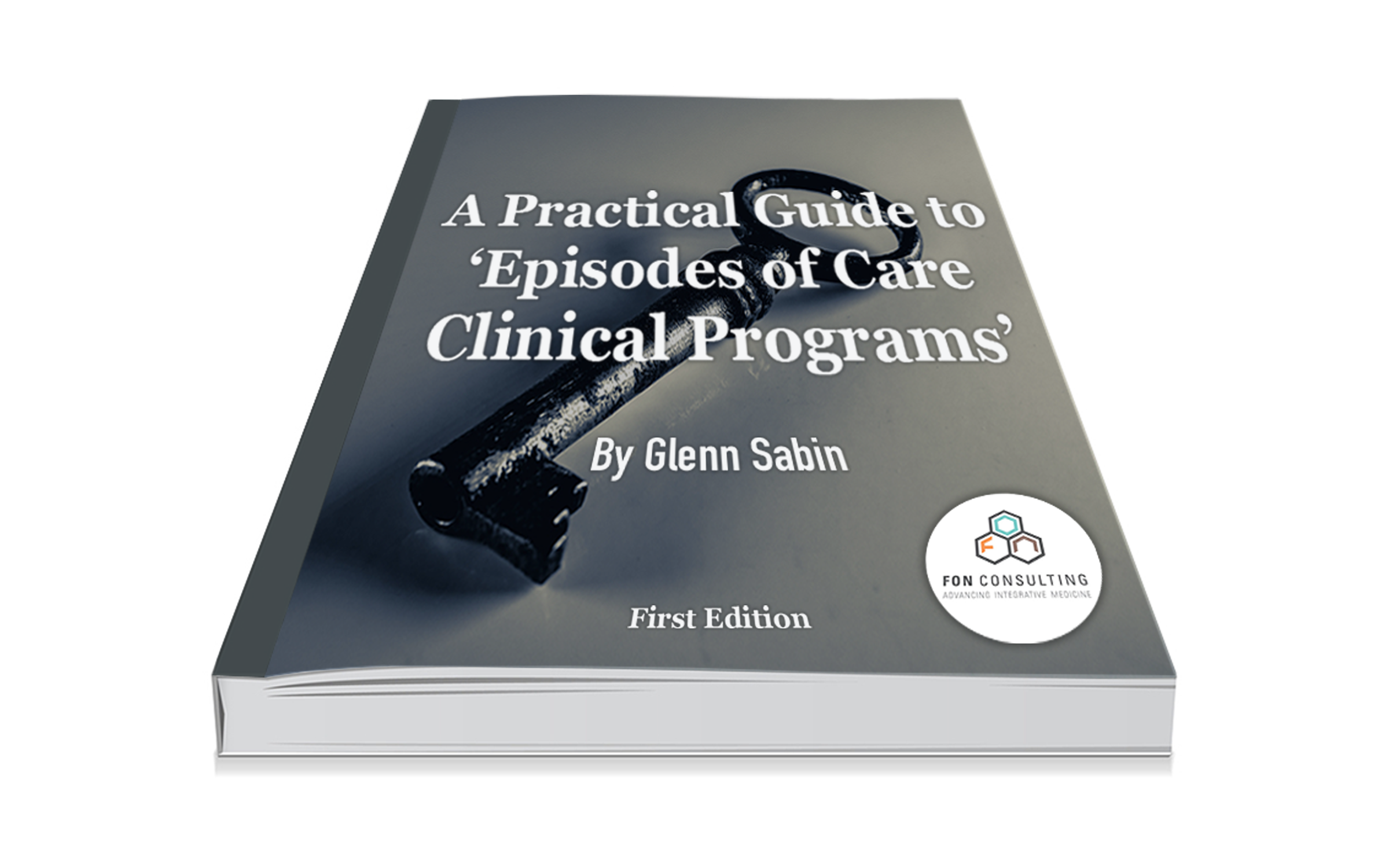Rise: Consumer Demand Drives the Future of Integrative Medicine
By Glenn Sabin

I haven’t been blogging much lately because I’ve been working on a powerful new e-book along with my sometimes co-conspirator, Taylor Walsh.
The publication is called The Rise of Integrative Health and Medicine: The Milestones—1963 to Present. It features over 120 of the most significant accomplishments in the field during the past 50 years.
‘Rise’, as we have nicknamed the project, features a brilliant introduction by industry historian and Integrator Blog publisher John Weeks.
Never before has such a comprehensive historical timeline been created chronicling this emerging field. Rise aptly captures the amazing, courageous contributions by the leading lights of integrative health and medicine.
I am eager to share Rise with you later this summer. It will be offered free of charge and, of course, sent to FON subscribers first.
Consumer Demand Drives the Future of Integrative Medicine
As I reviewed the final list of impressive milestones—originally collected over two years ago and refreshed at the beginning of this year—it became abundantly clear: the industry’s growth over the last five decades would not have been possible without an increase in consumer demand.
At the end of the day, it is quality care and patient satisfaction that feeds the surge in uptake of integrative health and medicine services and products. And yes, dissatisfaction with conventional healthcare processes and their outcomes are largely the factors that push patients to expand their awareness of options and ‘alternatives’.
The Era of Self-Efficacy
The courageous clinicians, investigators, philanthropists, educators, and business people in our industry are responsible, through decades of amazing work, for creating the framework that ensures the movement’s inexorable advance. But, without knowledgeable consumers ‘looking for more’, we would not have reached the tipping point.
Enjoying this article? Subscribe and get our latest, delivered straight to your inbox.
Folks are looking to empower themselves—to become more educated and to stand at the center of their own care and, by extension, to become empowered in service to the care of their loved ones.
Self-efficacy refers to an individual’s belief in his or her capacity to execute behaviors necessary to produce specific performance attainments. ~Bandura, 1977, 1986, 1997
Health consumers—aka ‘each one of us’—are becoming more empowered each day due to virtual and instant access to the best (and often free) health information, and self-monitoring tools and apps; a precedent setting age in which each consumer can become self-efficacious.
Challenges Remain
Evidence-based integrative health and medicine, along with the core tenets of health creation, are still not the standard of care.
Comprehensive prevention measures—in the way of health creation that goes beyond early disease detection, and treatment—remain mostly MIA.
Incentives that reward great outcomes over procedures are in the early innings. The promise of ACA’s section 2706, ensuring that integrative health services are covered by the health exchanges for all licensed providers practicing within their respective scope of work, continues to be a protracted challenge across the country.
Millions living in food deserts do not have access to quality nutrition, adequate health education, and coaching to effectively change behavior. Alas, delivery of integrative health and lifestyle medicine approaches to the indigent and underserved, remain elusive.
And yet…
Regardless of business sector, the opportunity to engage customers directly has never been easier. This certainly holds true for health and medicine organizations, and especially for those enterprises within the arena of integrative health and medicine.
Over the years I’ve written extensively about integrative health and medicine being a story, not an advertisement. The full value of health creation, behavioral change, and wellness cannot be adequately communicated on billboards, or in print or broadcast advertisements. Nor can the core tenets of integrative, functional, and integrative medicine.
Consumers are fed up with the ever-shorter clinic appointments with many conventional physicians—practitioners who are simply trying to keep up with patient volume and the unrelenting pace of ‘hamster-wheel disease care medicine’.
However, integrative health and medicine practitioners tend to do a good job listening to their patients, fully hearing the important stories to help assess, in order to inform the best treatment and ‘teaching’ approaches.
Careful and empathetic listening, and real ‘teaching’, is a major differentiator between conventionally trained physicians and those trained in integrative and functional approaches. This ‘attentiveness’ is what health consumers so desperately want and need.
In summary, the availability and delivery of integrative health and medicine has risen. Consumer demand will continue apace. And the timing could not be more prescient: the contributions from many people across medical and wellness disciplines and sectors over the last 50 years are now aligned with today’s call for population health, and consumer demand for self-empowerment.
About FON
FON is a leading integrative health and medicine business development and strategy consulting firm. FON specializes in custom solutions for growing patient volume, developing programs, and increasing product sales. Our practical business models are driven by innovative marketing, clear messaging, and customer engagement via branded storytelling.
Contact us today to schedule a complimentary 30-minute consultation to discuss your business development or personal brand needs.

Read Glenn’s story.





















